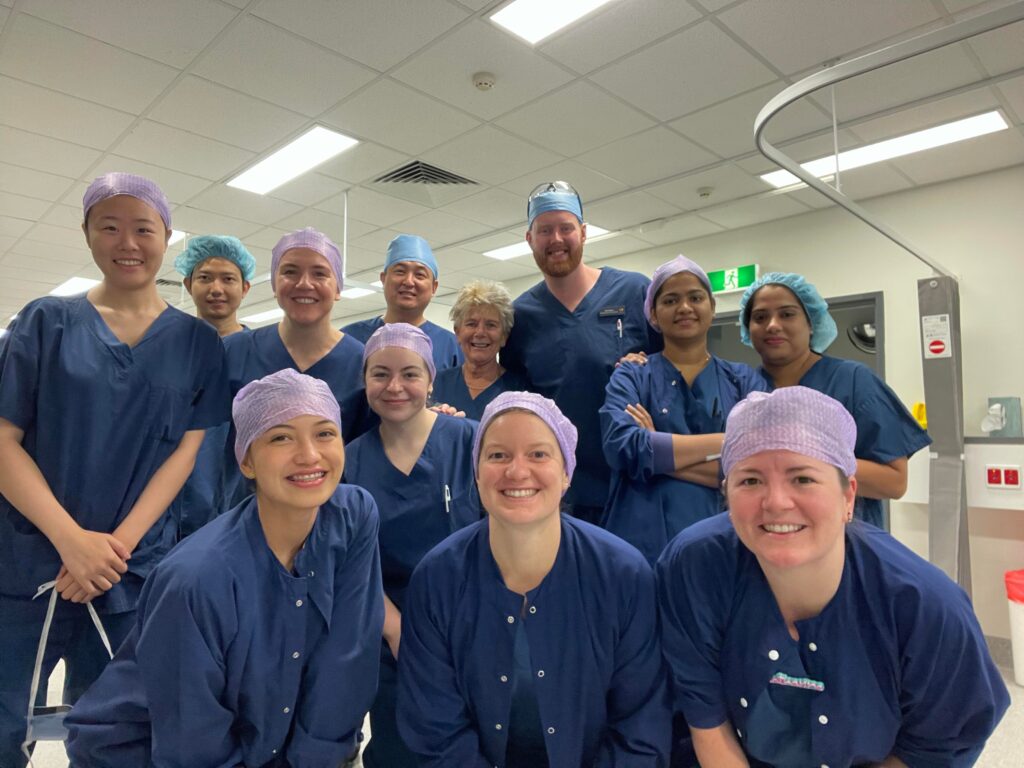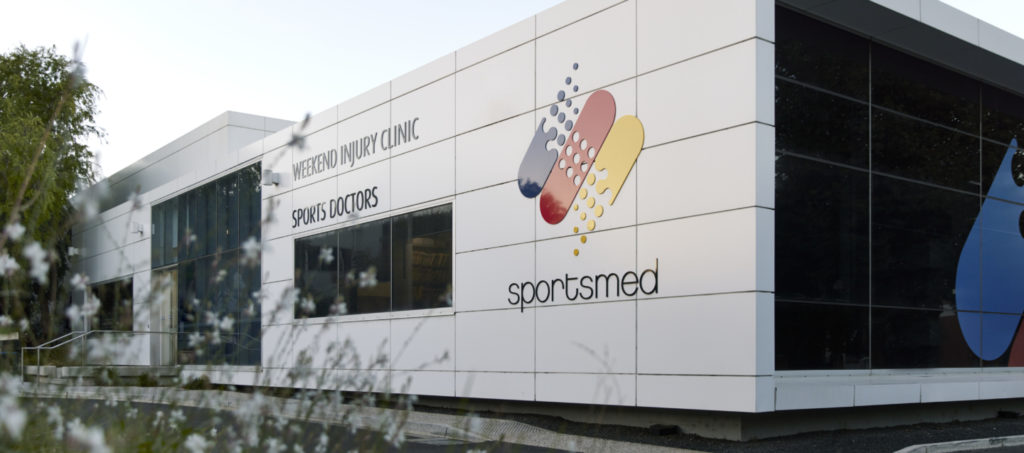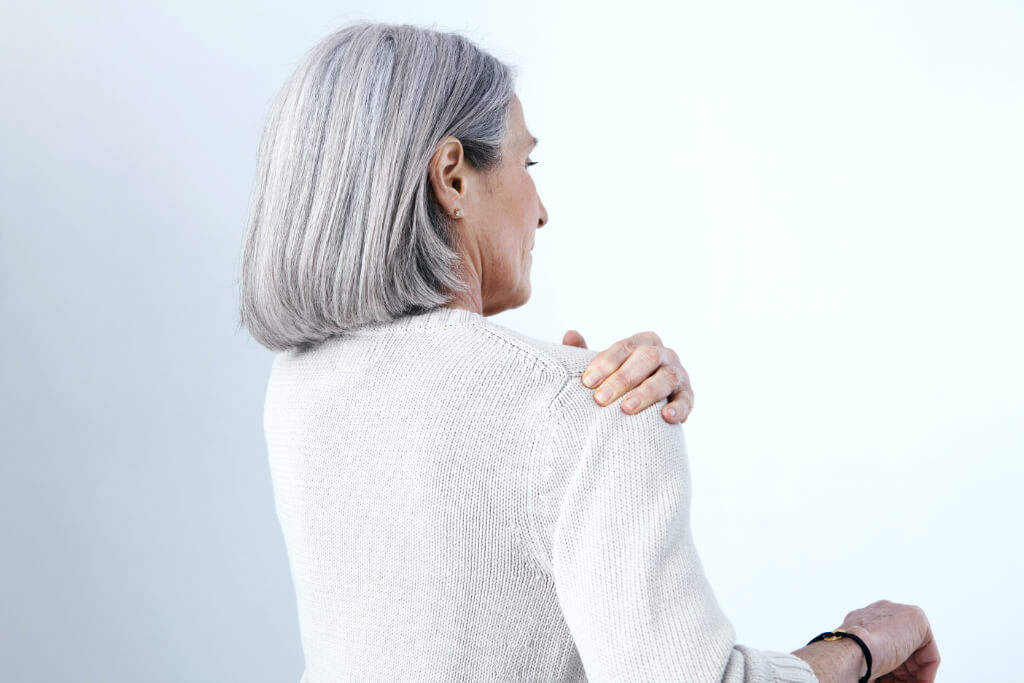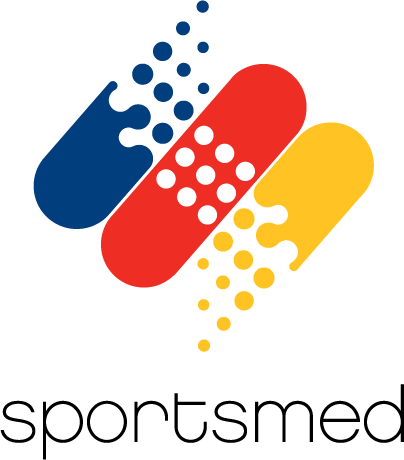Shoulder impingement occurs when a shoulder’s rotator cuff tendons are regularly jammed and compressed during movement. This creates an injury to the shoulder tendons and bursa (fluid sac), which ultimately results in painful shoulder movement. It does not occur in normal, functioning shoulder movement.
Impingement can cause inflammation and swelling in the rotator cuff tendon, leading to rotator cuff tendonitis. This may also inflame the bursa, which can cause shoulder bursitis.
The tendons are compressed under a bony arch created by part of the shoulder blade, the acromion and its ligaments.
signs and symptoms
Shoulder impingement is identifiable if pain is experienced when the arm is at shoulder height or overhead. This pain results in a loss of power and thus, weakness is experienced when attempting to reach or lift. It can also cause pain to extend from the top of the shoulder to the elbow and make it uncomfortable when lying on the sore area.
common causes
Loss of strength: Impingement can be attributed to a lack of rotator cuff muscle strength.
This can be due to a partial tear or strain or a complete tear causing pain and weakness. Overuse and muscle imbalance brought upon by incorrect technique/training may precipitate impingement.
Loss of flexibility: Stiffness can cause the shoulder to hinge forward and wedge on movement.
Loss of space: A reduced space between the humeral head and acromion(subacromial) can be due to enlargement of the acromion that occurs with aging, or wear which can be seen as a spur. The rotator cuff tendon itself can be thickened due to either inflammation termed rotator cuff tendonitis, from a partial or complete tear, or from calcium deposits in the tendon.
treatment – non-operative
Treatments available for shoulder impingement include:
Rest
Repetitive tasks using the shoulder that could aggravate the affected area should be avoided.
Steroid injection
An injection into the space between the acromion and rotator cuff can reduce the inflammation and swelling of the tendons.
Medication
Pain-relieving and anti-inflammatory medication and creams may be prescribed to decrease pain and inflammation.
Physiotherapy
Physiotherapy can limit pain and offer relief by retraining to regain strength in the rotator cuff. Our physiotherapists will provide strengthening and stretching exercises and techniques to avoid stiffness, assist with rehabilitation and protect from re-injury.
treatment – surgery
If conservative treatments are unable to correct the problem, surgery may be required. A shoulder impingement operation will involve removing the thickened bursa, some of the bony acromion and spur, and releasing the ligament between the coracoid and acromion. This will free up more space for the rotator cuff tendons. The outer end of the collar bone (clavicle) may be removed due to arthritis if it is compromising the tendon or a cause for pain. If the tendon is torn, then repair the rotator cuff is required.
recovery
This procedure is a day surgery, but full recovery from shoulder impingement surgery can be a slow process and a rehabilitation program will be beneficial in recovery.
sportsmed patients will undergo a personal rehabilitation program and be advised to return for regular evaluation to monitor progress.
Our orthopaedic surgeons provide detailed hospital discharge information and instructions to adhere to and assist in the recovery following surgery. The helpful hospital staff are available for advice or treatment 24 hours a day through the hospital.
contact
This fact sheet is a brief overview of shoulder impingement, bursitis and rotator cuff tendinitis, produced by our Shoulder, Elbow, Wrist and Hand Surgeon Dr Nick Wallwork. To make an appointment or enquiry with Dr Wallwork or one of our upper limb specialists, contact 08 8362 7788 or email ortho@sportsmed.com.au.



